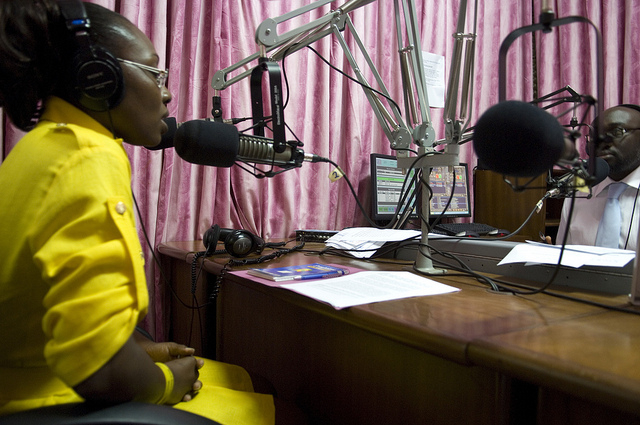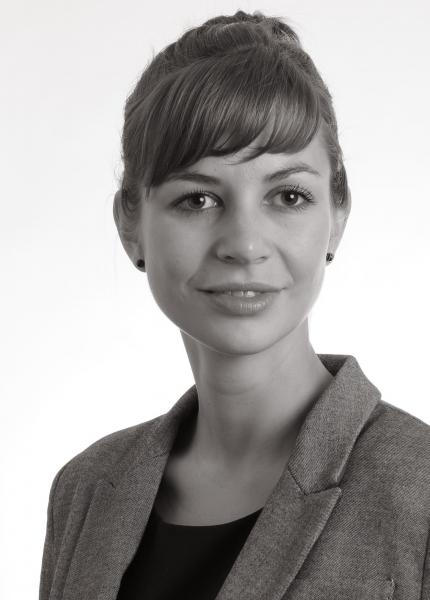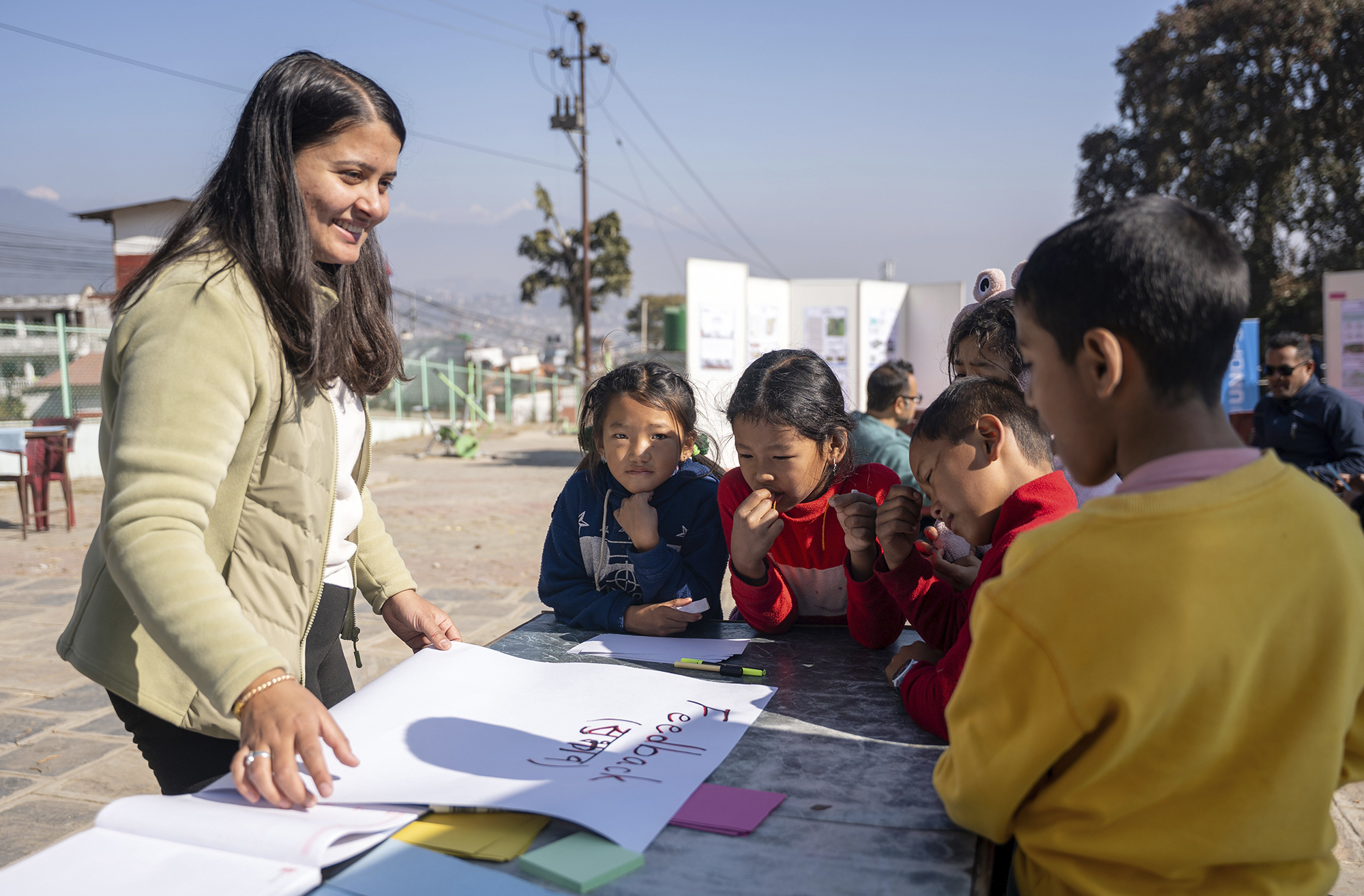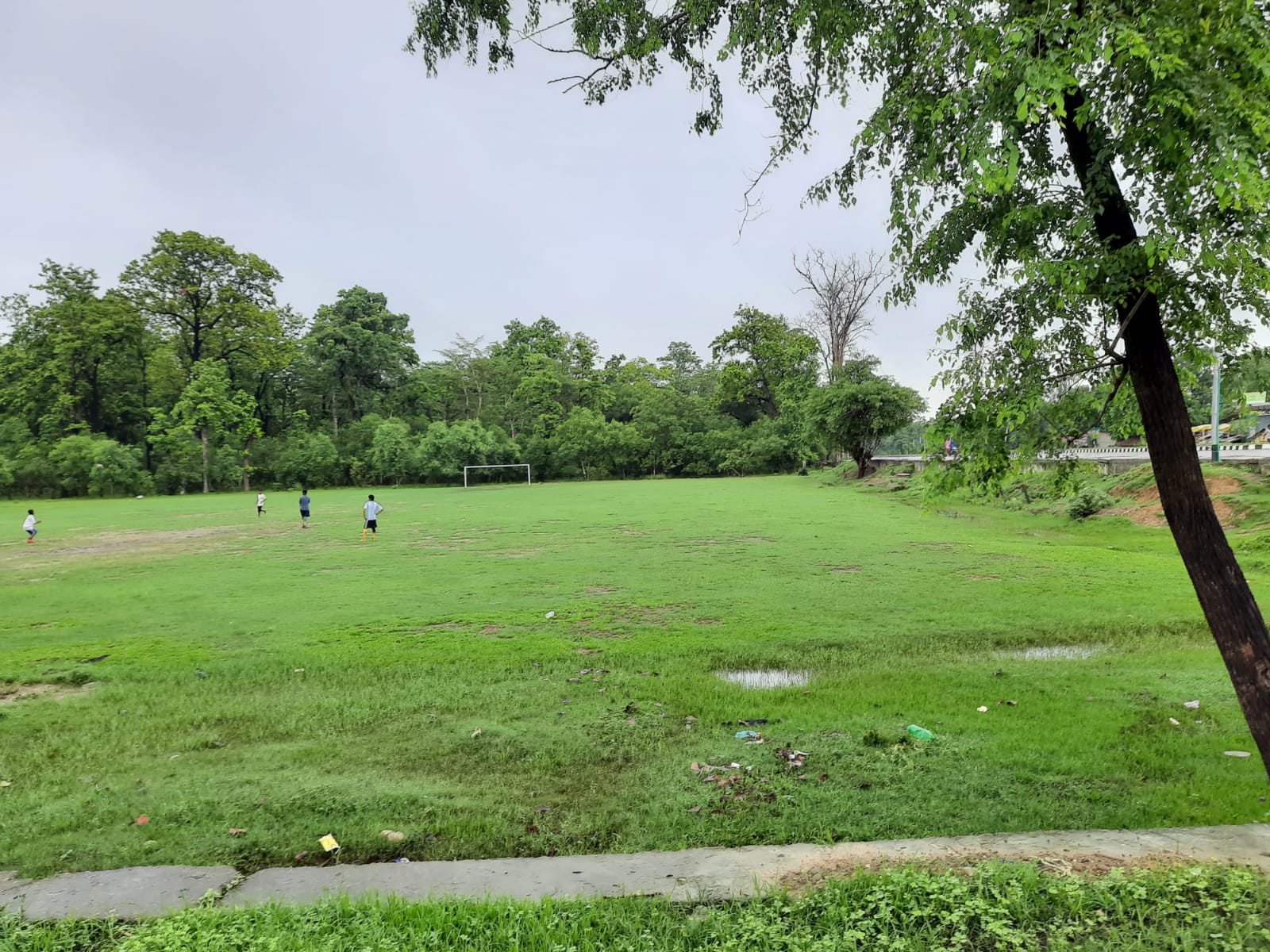By Lea Spörcke, Carlo Schmid Intern at Cities Alliance.
[8 March 2016] -- Cities Alliance believes strongly that women are sources of positive and transformational change in cities, and as a partnership is committed to helping make this change happen to achieve genuinely inclusive urban development.
Many Cities Alliance members and partners have longstanding experience in gender equality and gender mainstreaming. The ability to draw on this range of expertise, knowledge and experience for our activities and partnerships is a significant advantage for Cities Alliance, and a cornerstone of our approach to addressing gender inequality in urban development.
A strategy for gender equality
Any good approach starts with a well-thought-out strategy. In 2014, Cities Alliance produced a Gender Equality Strategy that seeks to reduce gender inequality in developing cities and embed gender throughout our work programme.
The strategy has laid the foundation for the Cities Alliance Joint Work Programme (JWP) for Gender Equality, which leverages the unique diversity of Cities Alliance members for advocacy, activities, and knowledge development in terms of gender equality in cities. The JWP aims to bring forward sound urban programming that is gender-responsive so that women and girls have more opportunities to contribute to sustainable urban development and secure the right to political representation, economic inclusion, and dignified living.

Morning radio show host Komla Dumor works in his sound booth at the Joy FM studio in Accra, Ghana, June 14, 2006. (Photo: Jonathan Ernst / World Bank)
A task force for oversight
Gender equality starts at home, and Cities Alliance is taking steps to promote gender equality within our own organisation. A Gender Task Force within the Secretariat provides guidance, institutional monitoring, and quality assurance of the Secretariat’s work in terms of gender. The Secretariat also held an internal capacity-building workshop in November 2015 to ensure that staff all understand the concepts related to gender and how to integrate it into urban development.
Instruments for gender mainstreaming
In addition to understanding the relationship between gender and urban poverty, incorporating gender equality into Cities Alliance activities requires different instruments for gender mainstreaming and women’s empowerment.
Some of the approaches the Cities Alliance can use include:
-- Gender Action Plans that establish responsibilities for all including baselines, action and targets.
-- Gender responsive budgeting to track budgets in their implications on men and women and address gender gaps in the budget.
-- Gender audits to identify the organisation’s strengths and opportunities in terms of systems and project planning.
-- Gender training and workshops tailored to an organisation’s specific needs in terms of programming, planning, and budgeting.
-- Gender analysis to assess the roles, responsibilities and needs of men and women in a given project area, as well as implications of the project on these needs
Cities Alliance Projects on Gender
Remarkable projects on gender equality have already been implemented within the Cities Alliance’s Catalytic Fund. An outstanding example is SafetiPin, a mobile phone app used to predict safety for women in cities.
Cities Alliance supports the extension of SafetiPin to collect data at a scale where it is meaningful at a city level and build Safer Communities in New Delhi, Nairobi and Bogotá. SafetiPin is partnering with various local government institutions in the respective cities and reaching out to private businesses. So far, the project has collected and mapped its first data on the three cities.
|
About the Author

Lea holds a Master’s degree in International Relations from Freie Universität Berlin and Humboldt-Universität zu Berlin. She has practical experience in international development at GIZ India, where she undertook research on gender and renewable energy, as well as the Friedrich-Ebert-Stiftung Hungary and the German Permanent Mission to the UN. She is member of the Resolution 1325 Team focusing on women, peace and security within the POLIS 180 Think Tank in Berlin. |




